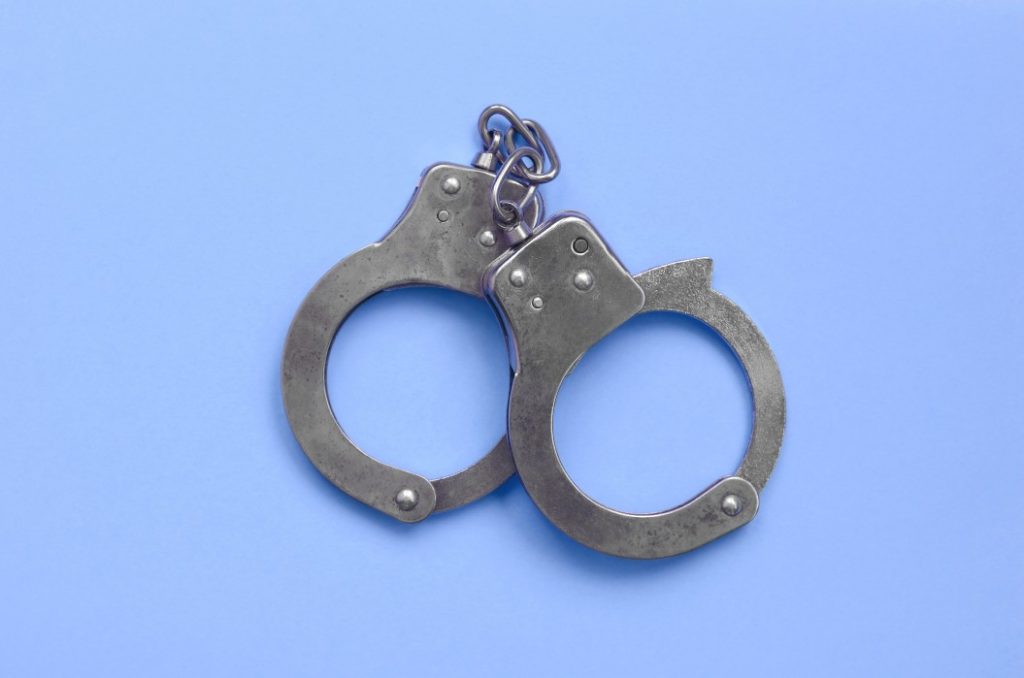The retiring police chief of Merseyside thinks so.
Crime might not be the nicest part of our economy, but it’s a big part of it. Plenty of people make some or all of their money from criminal activity, and plenty of other people buy and sell in black markets. Crime is also behind some legal economic stuff such as police jobs or burglar alarm sales. And of course being a victim of crime - or being worried about being a victim - can negatively impact people’s wellbeing and drive investment out of certain areas or activities.
Most people want to live in a society without much (or any) crime. One solution that is often offered up as a way to achieve this is to put more government resources into policing: by hiring more officers, perhaps, or by investing in cutting-edge technology. Another common solution is to increase the deterrent against crime. This could be via longer jail sentences or more random searches and crackdowns to increase the chance of being caught.
This sort of ‘tough of crime’ stance is popular: about 4 in 10 Brits want the government to spend more on policing and 7 in 10 would like criminal punishments to be harsher. But there can be substantial downsides to these approaches. It sucks up government resources and can therefore contribute to bigger government spending than some would like, or think is sustainable. (Indeed, the Conservative government cut down the policing budget during the austerity years.)
It can also exacerbate socioeconomic tensions and inequalities. Policing has long been associated with being unfairly biased towards ethnic minority and working-class communities. For example, between 2019 and 2020, Black people were nine times more likely than white people to be ‘stopped and searched’.
There are alternative ideas for reducing crime. One is to focus resources less on crime itself and more on the things that draw people to crime in the first place. In particular, the UK could spend more time and money reducing poverty and inequality. This approach has long been advocated for by a variety of civil society and race equality organisations. Perhaps more surprisingly, it has just been endorsed by a retiring police chief.
Growing up poor or as part of a marginalised group puts people at a huge economic disadvantage. They are less likely to have access to the things that help people achieve economic success such as well-connected alumni networks, extra-curricular activities, tailored career advice, the money to fund degrees or other qualifications, and so on. (Compounding this, many of the things that were availably were negatively impacted by austerity. For example, a lot of youth groups had their funding cut.) Marginalised people may also face economic barriers because of discriminatory opinions about things like their accent or their mannerisms.
When the options for achieving economic success legally are few and far between, it’s easy to see how poverty and crime can end up inextricably linked.
Read our explainer on: economic inequality

